The federal government avoided a shutdown by mere hours.
Just hours before midnight on Saturday, Sept. 30, the end of fiscal year 2023, Congress passed a stopgap bill to temporarily fund the government through Nov. 17 and avoid widespread repercussions across the country.
By passing the bill, the divided legislature authorized the government to spend money until a long term agreement could be reached.
Through doing so, they avoided many parts of the federal government stopping operations. While essential public safety services such as law enforcement would have continued and federal benefits like Social Security and Medicare that are unrelated to the spending bill would have continued being sent out, many services would not have been so lucky.
Services deemed nonessential, such as national parks and museums, government inspections and regulations, parts of the military and federal scientific research would have all been scaled back. Federal funding would have been delayed for disaster relief, small businesses, welfare programs and education, with a possibility of funds running out for the agencies that stayed open.
Former Army National Guard Colonel and Operations Officer Eric Rant described the experience of working during a government shutdown. “I [worked] as a traditional Guard member, which requires attendance once per month on a weekend. In the past, we have had to cancel scheduled drills in September, sometimes just days before we are scheduled to meet for training. This last minute scheduling change is highly disruptive and causes a significant number of issues with both the required training we are expected to do, but also with morale as we have to reschedule training last minute which impacts soldiers and their families,” he explained.
The effects that come with the closing or reduction in operation of agencies would have hit individual employees hard as well. Some would have been told to not report to work, while others would have been put on unpaid employment, also known as furlough, and back paid when the government reopened fully.
This is not the first time the federal government has faced a shutdown. Since government agencies began stopping operations during funding gaps, shutdowns, many partial, have occurred 21 times. The longest of these took place between 2018-2019 when disputes over the border wall left the government partially shut down for 35 days.
Rant also explained the steps that the National Guard has taken to mitigate the effects of increasingly more common shutdowns. “…this relatively new phenomenon of government shutdown, or at least the threat of one, is treated as a given now. As a result, we avoid as much required training, meetings, or assembly in September as possible.” he said.
The causes of shutdowns past and the one that nearly occurred are all similar, and the issue is even larger than a temporary stop in funding, and one that affects all Americans: partisanship.
The Democrat-controlled Senate drafted a temporary stopgap bill, legislation that would fund the government while sparing more time for negotiation and avoiding a complete shutdown, but it initially stalled, with Democratic Senator Michael Bennet voting no on the bill due to its lack of funding for aid to Ukraine. Some Republicans also voted no on the bill for its lack of spending cuts and border security measures.
Eventually, the bill gained enough votes and moved on to the House of Representatives.
While initially pushing for large cuts and major changes at the border, but getting shut down by the hard right wing of his party that wanted even more changes, House Speaker Kevin McCarthy accepted the Senate bill, abandoning his initial demands in order to avoid a shutdown. In a rare show of bipartisanship, McCarthy relied on Democrats to pass the bill, with a faction of hard right Republicans still voting no.
Although it took a bipartisan measure to keep the government open, partisanship kept America waiting until the last minute to see if the government would shut down or not.
Many legislators used the risk of a shutdown to attempt to pass or keep in place policies that were important to them, a strategy that did not work, with the initial House bill being denied by Democrats for doing too much and Republicans for not doing enough.
Partisanship and gridlock did nothing to create change among legislators, and they hurt the American people as well.
While partisan politics have always been present at the highest levels of government in America’s two-party system, they have trickled down into the voting population too.
A 2022 study conducted by the Pew Research Center found that 62% of Republicans and 54% of Democrats have a “very unfavorable” view of the other party. Ten years ago these numbers were 43% of Republicans and 46% of Democrats.
Although there are many reasons why this divide has taken place, including party positions shifting further right and left, there is one factor that impacts almost everyone, especially younger voters: technology.
With the mainstream media taking sides on which political party they choose to support, and social media allowing people to filter and follow only the information they want to see, Americans are less exposed to alternate viewpoints.
Senior Achinteya Jayaram believes that partisanship has a substantial impact on political discourse. “I believe that partisanship in American politics definitely exists. Any serious political candidate takes one side over the other and argues specific policies that they agree with. I don’t think that it impacts people’s willingness to talk about political topics, but it definitely makes talking about certain topics a little harder to do so in certain scenarios,” he shared.
Even schools, intended as places of thinking and discussion, are places where political topics are a touchy subject. As seniors prepare to vote in the 2024 election, many have only seen information from their own viewpoints or interacted with those who think similarly, leading to further partisan division in the future.
Jayaram believes that partisanship and differences in opinion can influence what people are willing to talk about. “In high school, when political or controversial issues are discussed, you are going to have people arguing both sides of the issue at hand. These people may not be willing to say the full extent of what they have on their mind so as to not stand in ill-favor with their classmates, in part due to some parties taking extreme cases on topics such as abortion,” he explained.
Even though the government did not shut down, the situation has shown the domination of party classification and partisanship in American politics, something that affects all people whether in government or not.
As legislators and voters tow the party line more often, shutdowns and gridlock could become commonplace in the American political landscape.








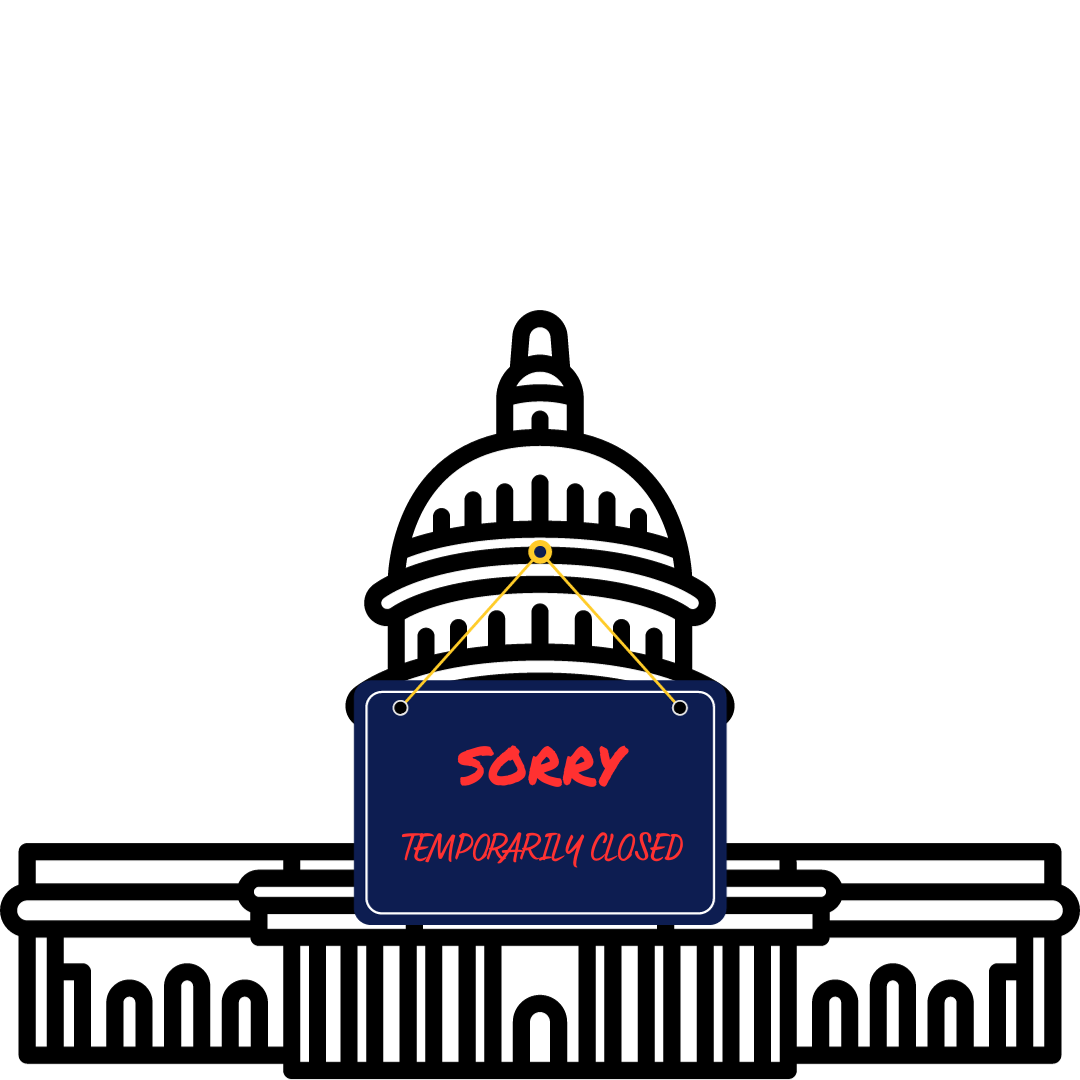

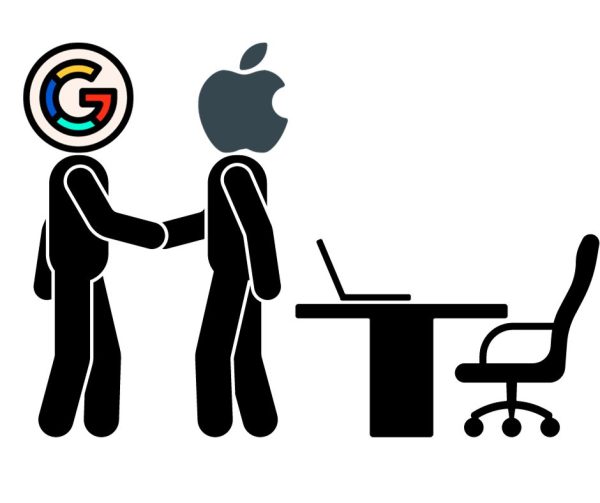
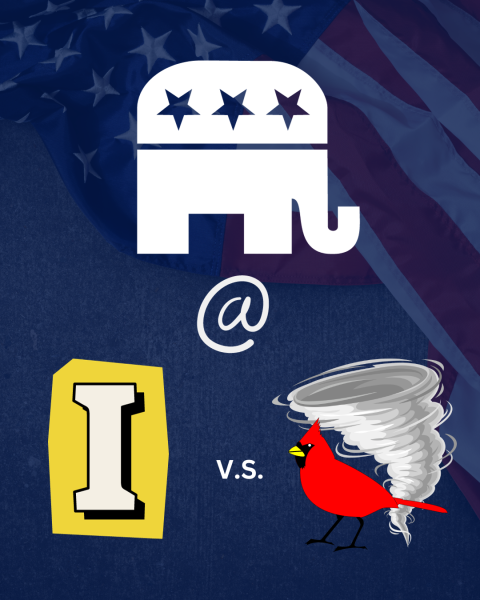


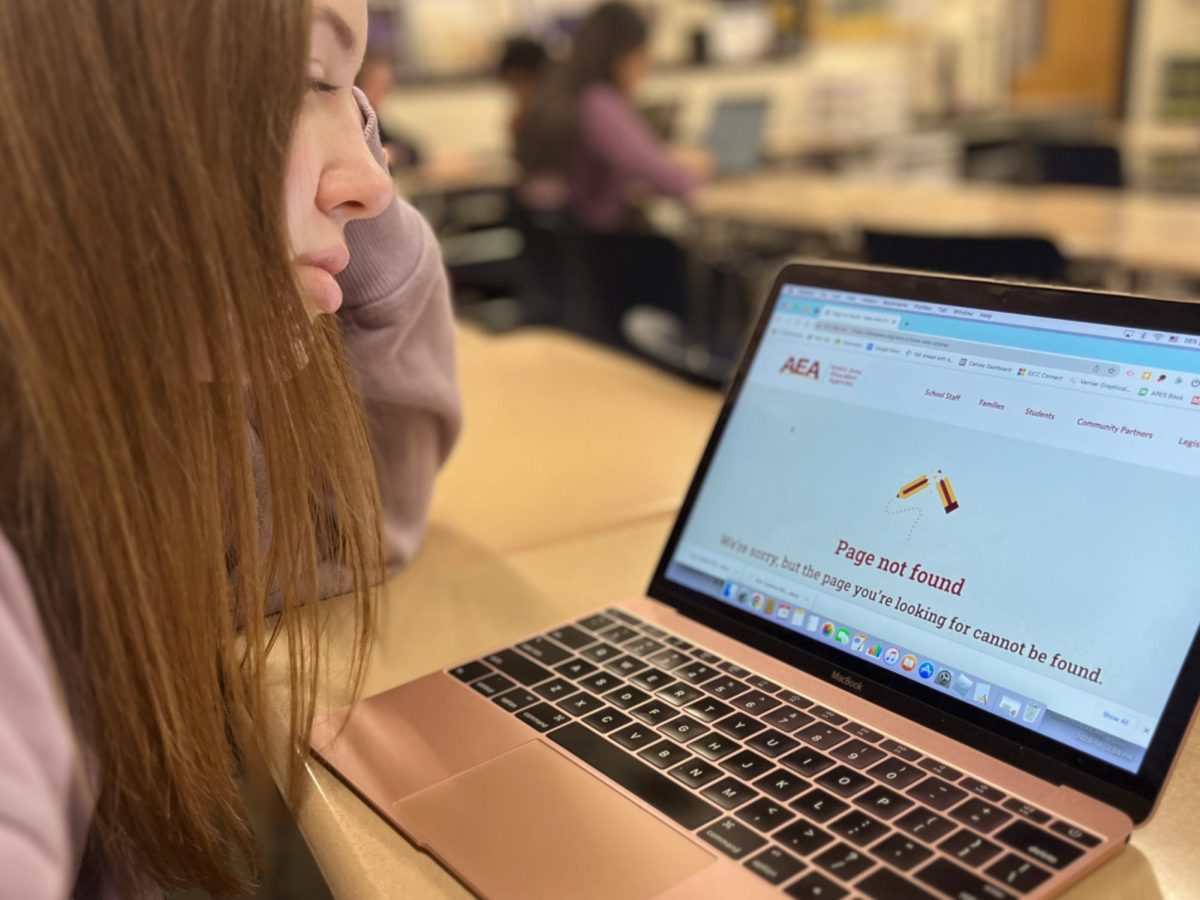

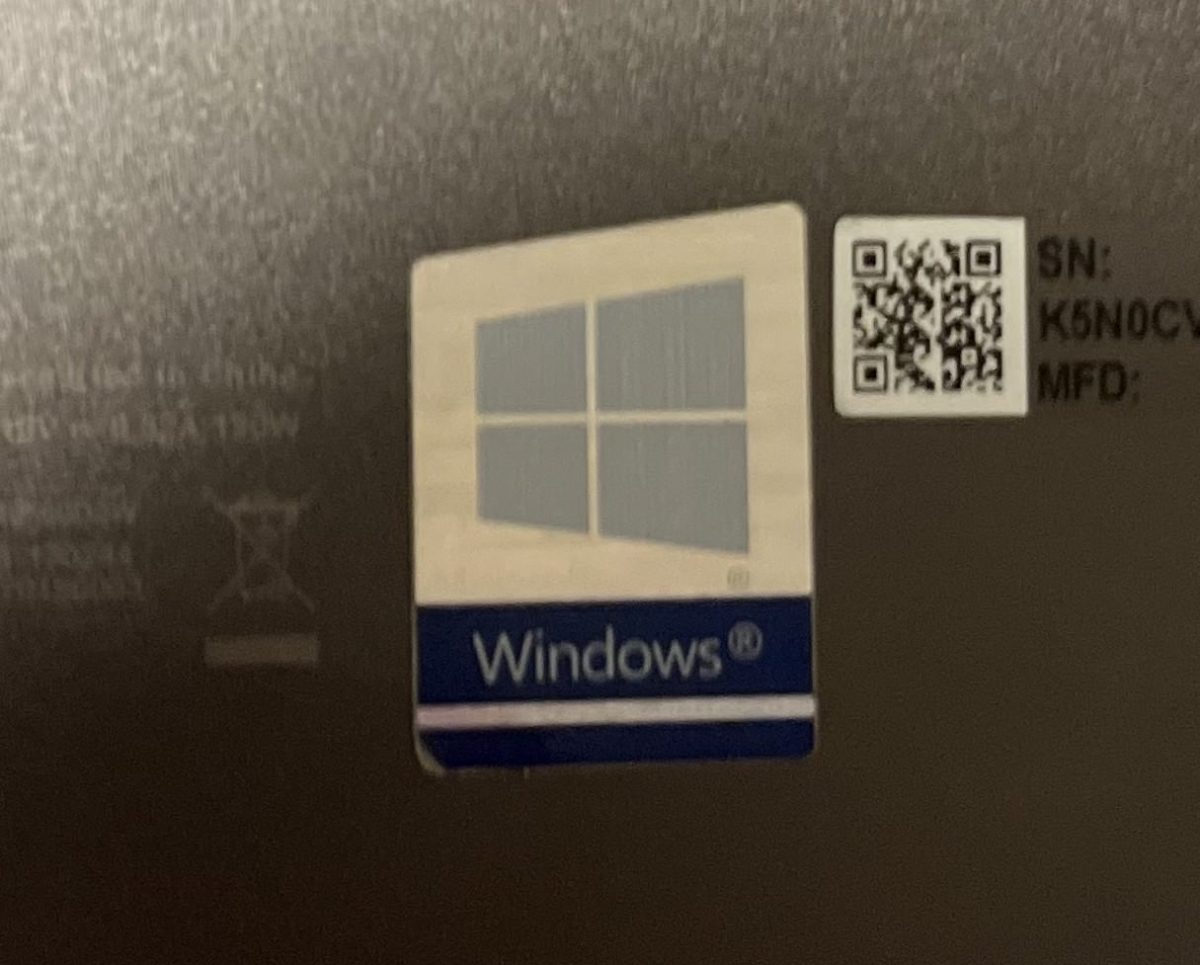


Ethan Worlton • Oct 7, 2023 at 5:46 pm
This is definitely one of the things that I have been very scared about. I have been worrying for a while now that the focus on Party Vs Party politics would cause issues, but it is really starting to come true. I read this amazing book that talked about this topic called: “I think you’re wrong (but I’m listening)”. It focuses on a Democrat and a Republican who are best friends and realize that they are a lot more alike than they thought. Throughout the book they talk about all the ways they found common ground, how they learned to argue with nuance, and how to address issues, along with the problems the system currently faces. I hope that one day we can get back to the more ideal Bipartisan system, but it will have to be a slow change held back by the older generation.